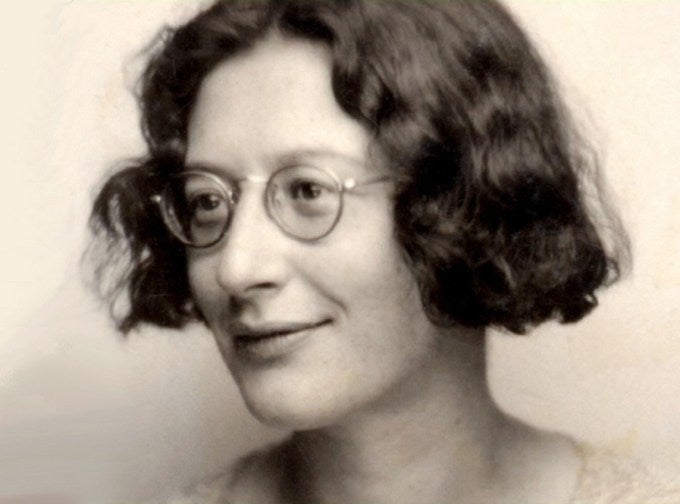Emmanuel Macron surprises even the French with his philosophical references
French president Emmanuel Macron upends expectations even when it comes to citations. This week, he flummoxed the French with an unexpected reference that reveals his philosophical roots.


French president Emmanuel Macron upends expectations even when it comes to citations. This week, he flummoxed the French with an unexpected reference that reveals his philosophical roots.
On July 3, Macron gave a speech to a rare joint French congress at Versailles palace that concluded with mention of philosopher Simone Weil. No, that’s not a typo. “Do not confuse the unknown celebrity who died in 1943 with ex-minister Simone Veil, deceased this past June 30,” warns the French publication Philosophy Magazine (in French).
In an article entitled, “When Macron cites Simone Weil but not the one we expected,” the publication explains that the president wasn’t referring to Simone Veil, the feminist lawyer credited with advancing abortion rights in France, whose death on June 30 rocked the nation. Rather, Macron was referring to the writer and mystic Weil—with a W. Publishers at the Elysee who put Macron’s speech online—and pretty much everyone else it seems—first thought that the president meant Veil with a V.
But the transcript, and the people, have since been corrected
Who is Simone Weil?
The activist, writer, mystic, and philosopher Weil died at age 34 in 1943. She managed to pen notable works, the most famed of which is a posthumously published 1949 book called The Need for Roots. That analysis of 20th-century society’s ills criticized colonialism and blamed disconnection from home, community, and work for widespread malaise. It proposed new guiding principles that emphasize common humanity rather than fractured identities.

In her own short life, Weil practiced what she preached. She came from a privileged background but worked in a factory and struggled for workers’ rights, was Jewish but studied religion indiscriminately and was inclined to have epiphanies in Christian churches especially.
Weil was a pacifist who fought in the Spanish civil war in 1936. She joined the French resistance in London in World War II, and died there of tuberculosis, although she could have stayed safe in the United States where her parents had emigrated. Albert Camus called her “the only great spirit of our times.”
Macron’s call to action and spirit
It is this spirit that Macron was invoking in his speech. Precisely, the president told the legislators:
The French people demand not only efficiency from us. Efficiency is an instrument. And we can be entirely efficient in service of a bad cause. No, it demands what the philosopher Simone Weil called effectivity. That is to say that concrete application, tangible, visible, of our guiding principles.
In sum, Macron was challenging fellow French politicians, calling them to act with a view of their common humanity. The reference to Weil is a highfalutin way of urging them to walk the walk, and not just talk the talk of equality.
The philosophical French president
The reference to Weil isn’t totally obscure. A meta study from the University of Calgary in Canada found 2,500 scholarly works about her published between 1995 and 2012.
That Macron used it isn’t so surprising. He studied philosophy in university and worked with philosopher Paul Ricoeur. Philosophy has practical, everyday applications, he believes. In his 2017 book Macron by Macron, he said that even reading the newspaper is a philosophical exercise. So the French should expect the president to continue schooling them on this topic.